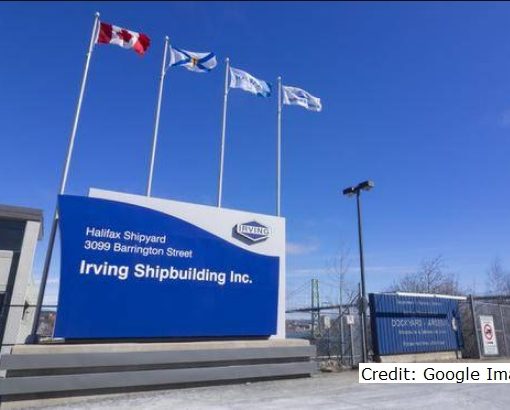Yes, the F-35 procurement has been a debacle, with many to blame. But, this should not blind us to the sub-text here, a Canadian meme aided and abetted by irresponsible politicians of every political stripe, by the media who smell blood in the water, and analysts who should know better. The inescapable reality is that military stuff costs a lot, and it especially appears to cost huge amounts when one projects the cost of operating and maintaining it, including the costs of pilots, 40 or more years down the road. (What would you say if you were told that the real ‘price’ of the snappy little $25,000 sports car you want, actually will cost you triple or quadruple that amount to own (small print: for 40+ years, all sums including annual insurance, maintenance, licence costs, gas, oil etc., but maybe not including gum and dental floss for the driver)? This is just irresponsible future modelling, and not the 20-year projected life cycle costing that Treasury Board used to require of all government departments.
Another reality: nobody, including the manufacturer, knows what the total cost of purchasing and operating their particular beast will cost a year from now, let alone 40 years hence. But opponents play this ‘tell-us-the-real-number’ game to pin politicians - and the military - down to a single, specific number, and this fantasy sum, because that what it is, becomes the sacrosanct, not-to-exceed-number against which the veracity of government claims will be judged in future. Another mug's game that the media are delighted to participate in, once again to ‘prove’ that our government officials always ‘lie’ to us, the gullible taxpayers.
How might this play out for the Royal Canadian Navy, now that we know the Auditor-General is going to be looking at the shipbuilding program? [See: Lee Berthiaume and Michael Den Tandt, PostMedia News, “Auditor General focuses on shipbuilding program” Leader Post, 15 December 2012.]
Consider the following: Why wasn't the Canadian Surface Combatant (CSC) project competed for? But wait, you say, wasn’t there an independent panel that monitored the National Shipbuilding Procurement Strategy (NSPS) selection process, to ensure fair competition and therefore fair prices? Nope! The only competition was between shipyards for the right to make these vessels. We haven’t even seen a real bid from Irving yet on the CSC. Yep, it will be only one seller, one buyer - the taxpayer.
And, wasn’t there supposed to be no subsidies for the competing yards, one that ruled out Davie in Quebec. Yep. But what was that $304 million ‘loan’ to Irving by the N.S. government, you know, the one the N.S. government does not think we need to know about? Does a very low-to-no interest loan over a long time period amount to a subsidy? (Cue: howls from Quebec)
And, yes, ships DO cost a lot up front, maybe well over $1 billion each, and based on past experience, the Canadian navy will be stuck with whatever is finally decided upon (provided the money is there, but that's another story) for at least 40 years. Snap quiz: what will the cost of fuel for these ships be in a year? In 10 years? In 40 years? Answer: nobody knows, but your friendly critics of any and all military spending will be demanding a public lynching if you don't tell us, down to the exact penny, right now!
Getting the picture, Virginia? The self-styled critics demand that the military know the unknowable, and when it comes up with a specific guesstimate, the howling throngs will be sure to reply, indignantly, that this number is way too high (cue: eager defence manufacturing competitors who will promise that their widget is MUCH cheaper...). Of course, THEY don't have to prove that their numbers are credible, nor are there any consequences to THEM if their sums are shown to be equally fatuous. And, yes, Virginia, all these competitors and their own contending widgets have to pay the same life cycle costs too.
Of course, you say, the real question is: too expensive, compared to what, exactly? Shush, Virginia, you don’t want to be accused of comparing apples-to-apples, do you? That wouldn’t be nearly so interesting a story.



